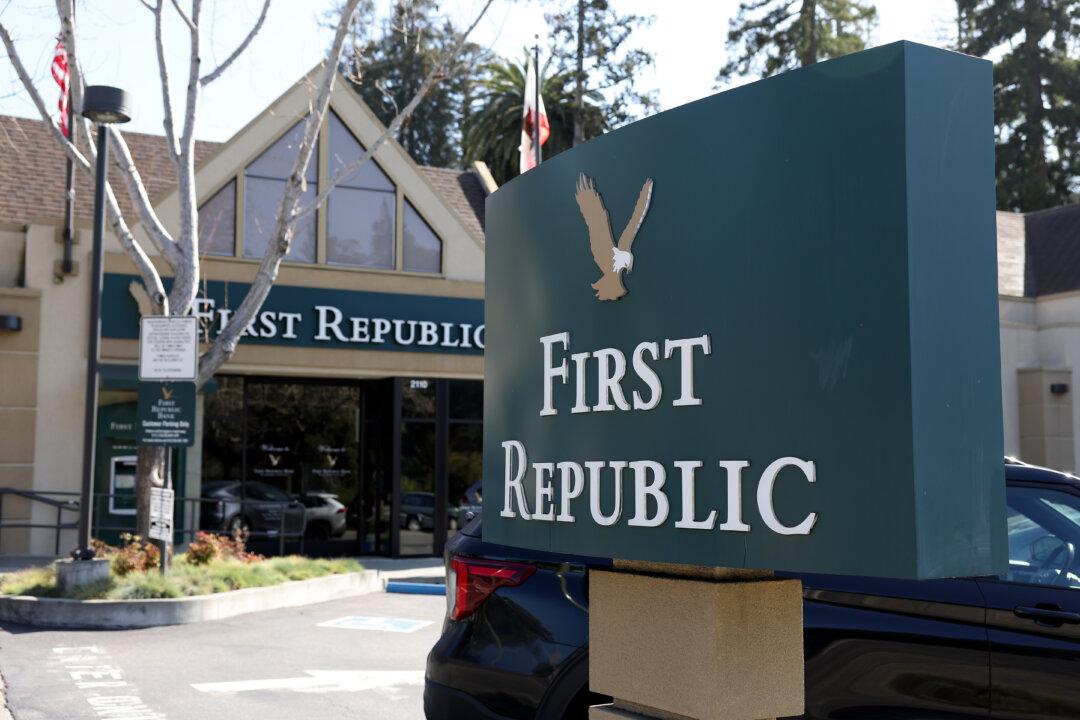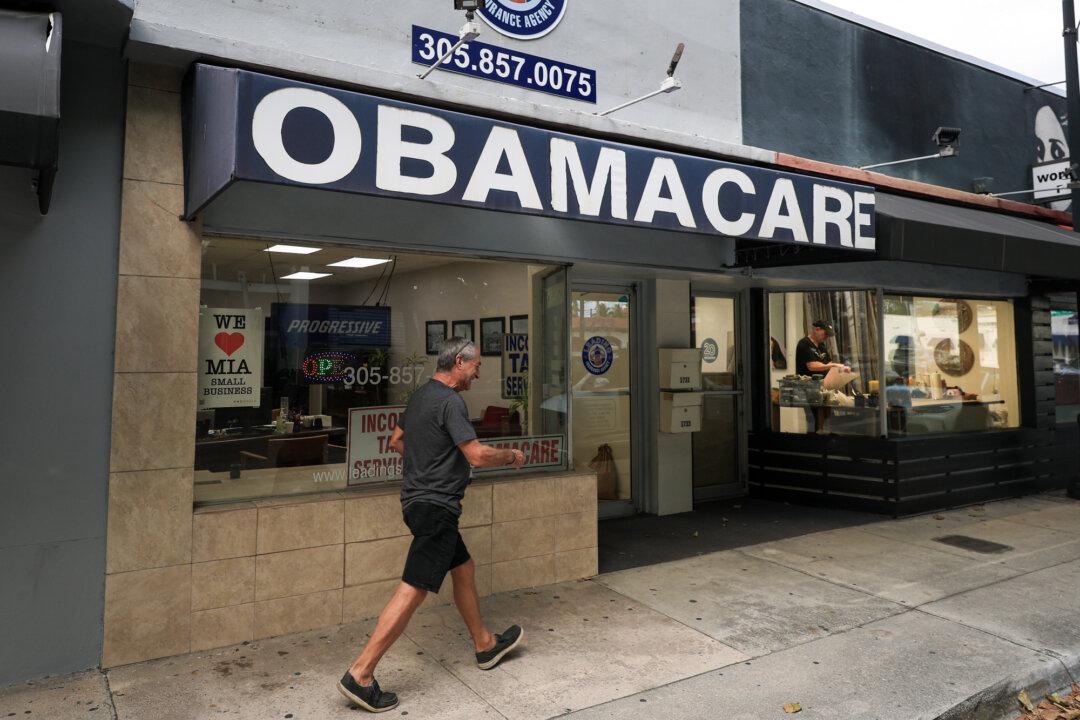A third U.S. bank failure in two months was not tied to the political standoff over the debt ceiling and is unlikely to impact negotiations on raising the nation’s statutory borrowing limit, but that could change, experts say.
First Republic Bank was taken over by bank regulators on May 1, becoming the second-largest bank failure in U.S. history. Although JPMorgan Chase agreed to purchase nearly all of First Republic’s assets, the failure of the San Francisco-based institution will cost the Federal Deposit Insurance Corporation (FDIC) about $13 billion from its deposit insurance fund.





